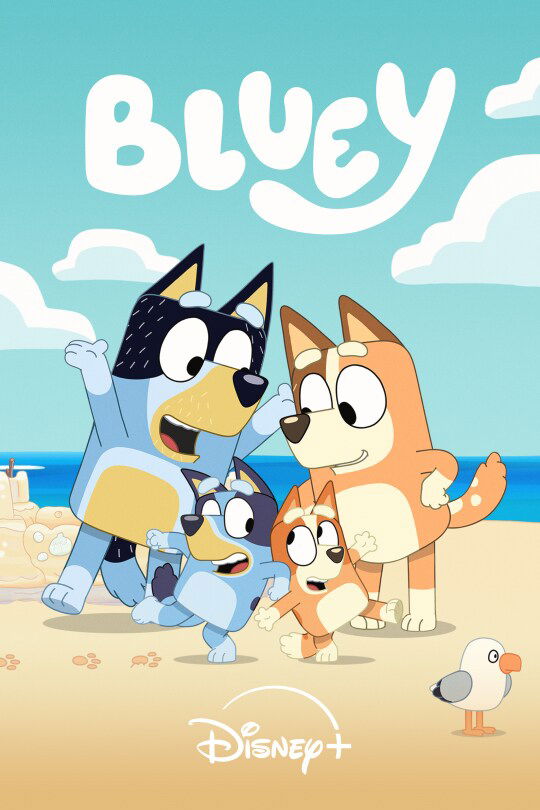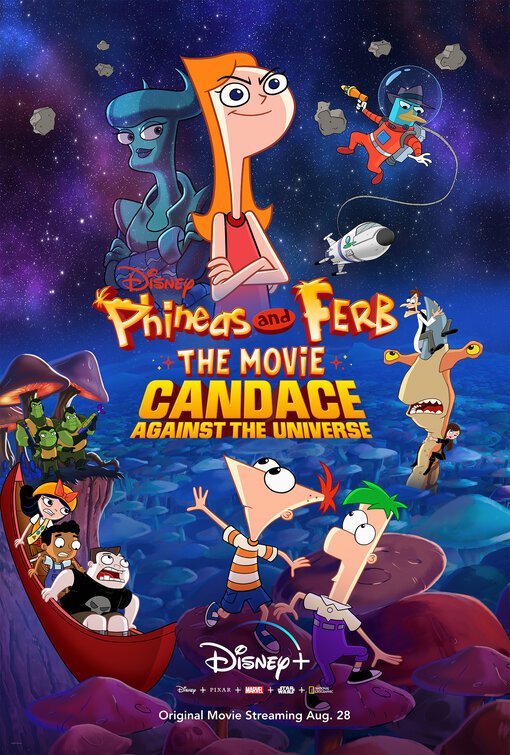By Sarah-Jane Murray, Contributing Writer
With the release of THE SMURFS movie by Columbia Pictures (see the MOVIEGUIDE® review here), discussions have reignited about the little blue comic-book characters’ alleged communist leanings. Such subversive political undercurrents have been strongly denied in interviews by creator Peyo and his family, who maintain THE SMURFS are apolitical fantasy creatures created purely for children’s enjoyment.
A little history can prove useful here. As Peyo tells the story, the word “Schtroumpf” (as the Smurfs were originally called) came to him when he asked a friend to pass him the salt at lunch. Pointing to the saltshaker, Peyo said, “Pass me the schtroumpf.”
Many of us do this. When one friend can’t remember the name of my 16-year old Labrador, Hendrix, he calls him Schnoockums. And Hendrix, pleased to get attention, wags his tale. The reason I’m telling you all of this is because historically, the Smurfs were conceived as fun, fictional characters who would use the word “schtroumpf” to substitute for just about any word at all, playing with the linguistic tie between signified and signifier (see Saussure’s COURSE IN GENERAL LINGUISTICS if you really want to learn more about that).
All of this makes it exceedingly hard to know what SMURFS are saying. Uttered on the Malibu beaches, “I feel like smurfing a smurf” could just as easily mean “I feel like catching a wave,” or almost anything else.
Is there an old episode of the Hanna-Barbera cartoon in which the crop of smurfberries are destroyed? Yes. Has one SMURF stockpiled a stash? Yes. Do the other SMURFS insist on distributing the stash between everyone? Absolutely. Does that make them communist? Not necessarily.
If my friends and I were about to starve to death, and I discovered a giant pile of food, I’d consider myself a selfish person not to share it. Could I live with myself watching my friends die of malnutrition one by one? Absolutely not. In fact, I’m pretty sure I’m not communist when I give someone on the street in Santa Monica the leftovers from my dinner.
Ahah, you think: but their clothing. . . The SMURFS all dress the same!
Well, so do Leprechauns. Try telling one of them they’re communists for it, and you just might get a dose of that Irish temper.
But, enough of the books and the old cartoon series. Let’s talk about the movie.
Columbia Pictures’ THE SMURFS does a good job at countering accusations of communism by building a frame narrative deeply steeped in capitalism.
When they arrive in New York City, the Smurfs meet an ad executive played by Neil Patrick Harris. By the end of the movie, he remembers how to be more creative and productive at his job whilst having fun – all thanks to the influence of his little blue friends. With their help, he ensures his family’s financial future as VP of marketing for an important cosmetic company.
It’s counter-productive and shortsighted to accuse the 2011 SMURFS of communism in that context. What THE SMURFS seems to be saying is more akin to C. S. Lewis’s lament that adults lose the power of the imagination and the ability to enjoy the creative act as something more than a means to an end. It really can be better to sing as we work, and, sometimes, we neglect our families at home for success in the workplace.
More importantly, the movie’s delightful central message is that family is more important than anything, whether we live in an imaginary Smurf village or in modern-day Manhattan. THE SMURFS invites us to rethink our existences in terms of family values, and that deserves some recognition.
For Karl Marx, the bitter founder of modern communism, however, the State was the only true community, so in the interest of egalitarianism, Marx called for the abolition of four things: property, family, religion, and the nation. For the SMURFS, and their human friends, the family unit is key. And, as moviegoers will note, Papa Smurf sacrifices himself for the good of the other Smurfs, who then rally to save him. Believe it or not, friendship between SMURFS is more akin to Aristotle’s friendship of the Good in Book Eight of the “Nicomachean Ethics” than anything you can see in FRIENDS WITH BENEFITS.
Most significantly, THE SMURFS movie branches away from the idea that each Smurf is defined, and thereby limited, by their characteristic trait. At one point, Neil Patrick Harris’s character asks, “You’re all named after your personalities? Do you get your names after you’re born, or after you’ve exhibited certain traits?” Although we do not get an immediate answer to this question – a subtle reference, perhaps, to the ties between Smurf origins and linguistic theory – the movie eventually reveals what the mythical visitors learn from their time in our world.
Dismayed that he can’t seem to do anything right, Clumsy Smurf reveals his insecurities to Harris’s on-screen wife, Grace, played by Jayma Mays. She reminds him we are not defined by our names, but by our actions. In this sense, anyone can be a hero. It’s all about the courage we carry in our hearts and our ability to make bold decisions in times of need. Even though the other Smurfs (Papa Smurf especially) fail to have faith in Clumsy, inspired by Grace, he steps up in the final battle and saves all of his fellow SMURFS. Clumsy thus demonstrates that heroism is, indeed, an act of self-sacrifice rather than self-aggrandizement. And, it takes individuality and self-nurture – two things about which Communism is not particularly fond.
I must admit that I didn’t expect much out of THE SMURFS when I went to see it. That said, after viewing it with an open mind, and talking to several enthusiastic children after the showing, I’m pleased to know that there’s a healthy fun family movie option, in addition to Disney’s WINNIE THE POOH at the box office this summer. I do hope, however, that the planned second and third installments will lighten up in their use of overkill Smurf language (e.g., “I smurfed a Smurf and I liked it”) and product placement.
When all is said and done, give THE SMURFS a chance. Don’t expect an adult movie, and if you hate hybrid animation, then don’t go. It’s not perfect, it’s not a great movie, but it’s not a terribly bad one either. Hold off on those accusations of communism until you’ve seen SMURFS. And, even then, read our analysis of Marxism, the ultimate communist humanism in our explanation of worldviews, which is repeated here:
Humanism (H, HH, HHH): Humanism posits man as the measure of all things; however, modern humanism is not just an anthropocentric or man-centered system. Accepting (as a matter of good faith!) the definition of humanism posited by THE HUMANIST MANIFESTO, modern humanism (unlike traditional or Christian humanism) believes that only the material world exists; there is no supernatural or nonmaterial world, no God, no gods, and usually no alien “others.” Man has no soul. He is just a meat machine that has “evolved” according to some form of Darwinism. Modern humanism always has a strong anti-supernatural bias. As previously noted, Marx said that his Communism was the ultimate Humanism and advocated that a humanist society should abolish religion, abolish family, abolish nation, and abolish private property.
Questions or comments? Please write to us here.


 - Content:
- Content: 

